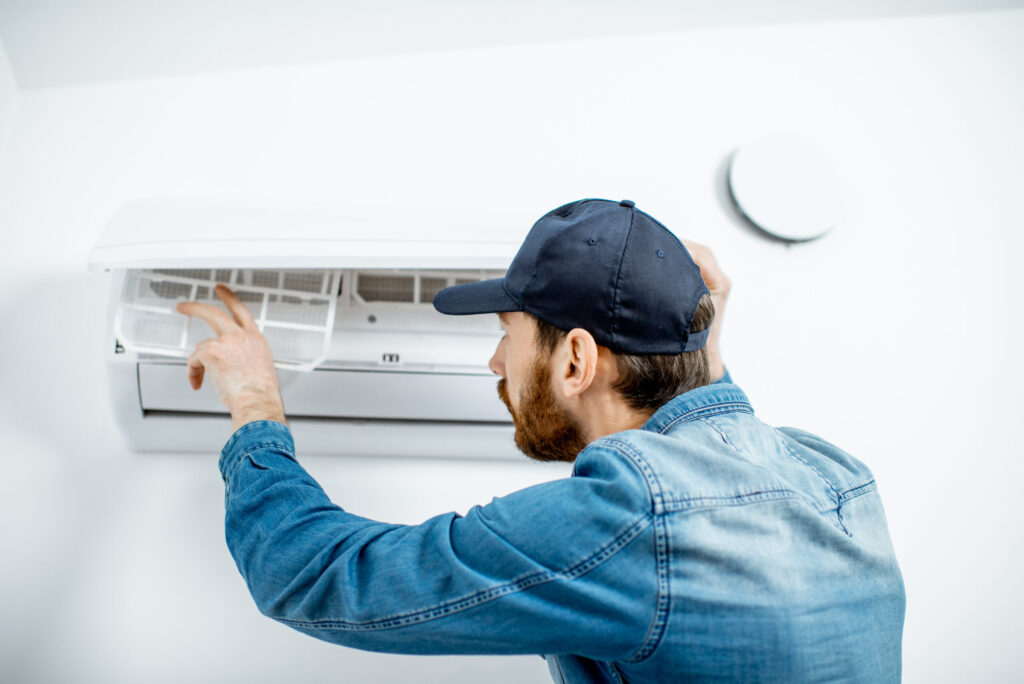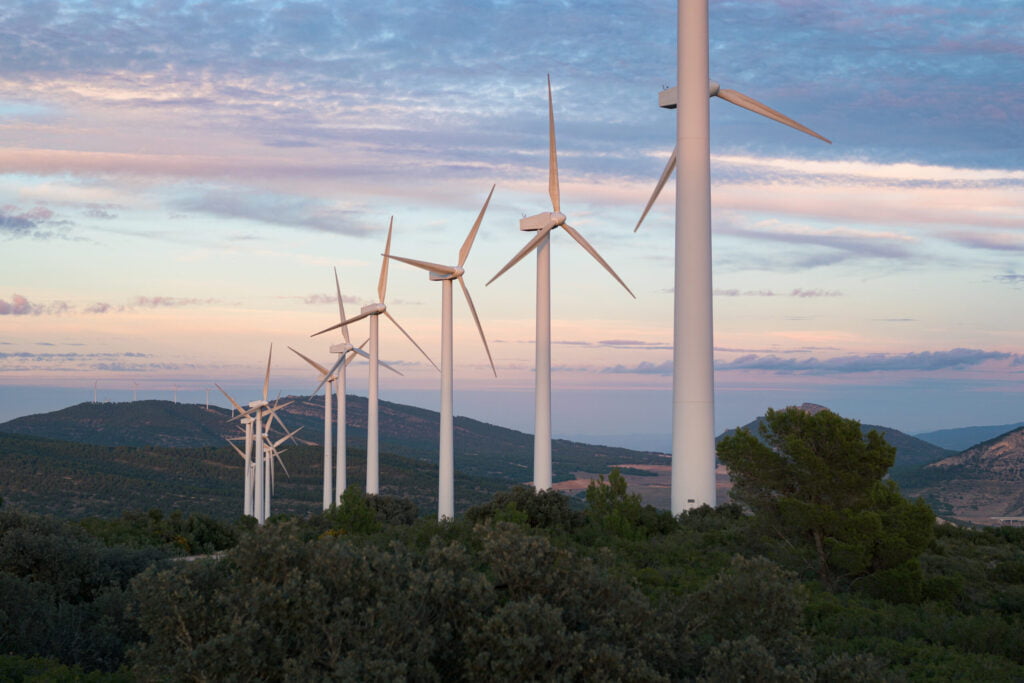Increase Energy Efficiency With Regular Heating, Ventilation, and Air Conditioning (HVAC) Maintenance
Ensuring your home or business maintains a comfortable temperature year-round hinges on the efficient operation of your HVAC system. An optimal HVAC system not only provides dependable comfort but also contributes to reduced energy consumption, ultimately lowering utility bills. Moreover, the environmental impact of an efficiently operating system cannot be overstated, as it decreases the carbon footprint of your property. Knowing how to maintain and optimize your system is paramount for sustained performance. Keep reading to discover the pivotal steps required to enhance your HVAC efficiency.
The Role of Regular Maintenance in Energy Conservation
Frequent maintenance is crucial to keeping an HVAC system running at peak efficiency. Routine checks by professionals can reveal issues before they escalate into costly repairs. They can also clean and replace filters, ensure optimal airflow, and check refrigerant levels, which is imperative for efficient system operation.
Seasonal tune-ups play a significant role in preserving energy efficiency. Before the onset of extreme weather conditions—whether it’s the summer heat or winter’s cold, a well-timed servicing can prepare your HVAC system to handle increased demand without overworking itself. Such attentiveness not only conserves energy but also maintains a consistent comfort level.
Opting for a reputable HVAC service provider is key. Kahl A/C in Montgomery, TX, for instance, is adept at providing the necessary maintenance to help your system retain or improve its energy efficiency. Expert technicians are trained to spot potential problems and optimize systems for better performance.
Common HVAC Issues That Impact Energy Use

An array of common issues can contribute to reduced HVAC efficiency. One of the most frequent culprits is a dirty or clogged air filter which, if left unchecked, forces the system to work harder to circulate air. This strain not only increases energy use but can also cause components to overheat or fail prematurely.
Leaks within the ductwork are also a major hindrance to energy efficiency. Escaping cool or warm air before it reaches its intended destination means the system must operate longer to achieve the desired indoor temperature. Hence, sealing leaks and insulating ducts becomes essential maintenance for energy conservation.
Malfunctioning thermostats also lead to unnecessary energy wastage. When a thermostat is inaccurate, it misreads indoor temperatures, leading to overuse of the HVAC system. Regular checks and maintenance of the thermostat, or upgrading to a smart thermostat, can yield significant energy savings.
Professional HVAC Maintenance Versus DIY: Best Practices for Optimal Performance
While certain HVAC maintenance tasks, like changing filters, can be performed by homeowners, most aspects of system care should be left to the professionals. This is because HVAC systems are complex and require knowledgeable handling to ensure they are operating efficiently and safely.
Professional HVAC technicians have the tools, skills, and knowledge to perform comprehensive maintenance checks that go beyond the reach of typical DIY efforts. They can diagnose and rectify inefficiencies within your system, including those not immediately apparent to the untrained eye. This proactive approach can prevent small issues from developing into larger, more costly problems.
Regular professional maintenance also ensures that your system values remain in line with manufacturer specifications and local regulations. Technicians can also advise when it is more economically viable to repair or replace parts to maintain efficiency.
Monitoring HVAC Performance: Tools and Tips for Ensuring Peak Efficiency

Keeping a close eye on your HVAC system’s performance is essential for ensuring its efficiency over time. Modern systems often come with built-in diagnostics that can indicate when servicing is required. Moreover, smart thermostats can provide detailed information on usage patterns, alerting homeowners to potential inefficiency issues.
Investing in energy monitors is another way to gauge system performance. These devices can track how much energy your HVAC system consumes, allowing for a detailed analysis of its efficiency and operation costs. Such insights can be invaluable in determining how to optimize system use for energy savings.
Overall, the path to increased energy efficiency with your HVAC system lies in understanding its importance, practicing regular maintenance, and being vigilant about potential issues. The benefits of such diligence include lower energy bills, a smaller carbon footprint, and a more comfortable living or working environment. By seeking professional assistance, investing in the right tools, and remaining proactive, your HVAC system will remain a reliable ally in energy conservation.








